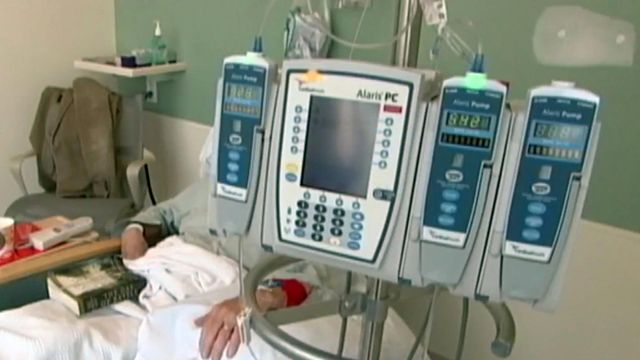Report: NC needs to upgrade care system for seriously ill
North Carolina is falling behind in health care for people with serious illnesses, especially in rural areas, according to a report released Monday.
Posted — UpdatedThe report from the North Carolina Institute of Medicine says the state needs to make some big changes to help support people with serious illnesses and their caregivers, and its authors say the coronavirus pandemic will put even more stress on the system.
North Carolina is expected to have more than 2.5 million people over age 65 by 2030, and about half of them will eventually develop a serious illness, such as cancer, kidney failure or heart damage, and will need years of support to deal with it.
"North Carolina was behind other states in developing our workforce," said Dr. Adam Zolotor, president and chief executive of the Institute of Medicine. "We have many hospitals throughout the state that don’t have palliative care teams. Getting outpatient or community-based palliative care has been a problem for a long time."
The state needs to provide more help to the people who take care of those patients at home, from training and transportation to respite care and flexible workplace policies, she said.
"With seriously ill people, that care is often 24/7, and so, when you talk about providing good serious illness care for people, you have to also talk about providing support for their caregivers to be able to do that," she said. "COVID has just shined a light on those gaps. It’s made them more acute."
"Not only can people do their advance care planning, but health care systems [can] get that information and are able to honor the needs and desires that people have expressed," he said.
"We need to change our laws in this state so that we make it easy for people to own their health and plan for care in advance and say what they need," Sevier agreed.
The panel is also calling for policies to boost the health care workforce.
Related Topics
• Credits
Copyright 2024 by Capitol Broadcasting Company. All rights reserved. This material may not be published, broadcast, rewritten or redistributed.





